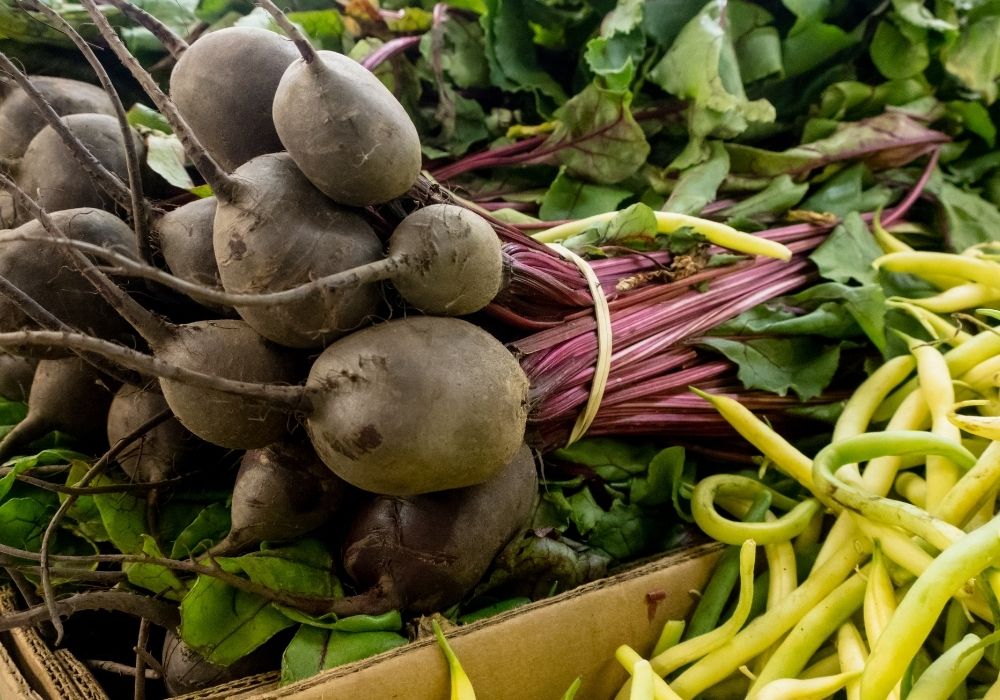When thinking of winter recipes, people often envision traditional holiday fare, from mashed potatoes to crispy turkeys to iced gingerbread cookies.
But the winter season is also a great time for healthy, local produce packed with nutrients. You may not be as familiar with how to use them, but these vegetables will not only keep your family healthy, but also inspire creativity in the kitchen.
Find these items at your nearby grocery store, or consider supporting a local farm. While farmers markets aren’t as active during winter months, you can get a weekly produce box, or split one with a friend or family member. You can find a local Community Supported Agriculture source here.
In the meantime, happy cooking!
Beans come in a rainbow of colors and sizes and are packed with just as many nutrients: protein, magnesium, potassium. In Washington, look out for green beans or shelling beans in the store. Beans make a great companion to stews, soups, stir fries, salads, and of course, casseroles. Looking for a new bean recipes? Bon Appetit has a list of 86 ideas!
Beets are beautiful plants that arrive in the colors of fall: ruby, golden, orange, pink. But many of us can get stumped when it comes to how to cook them. Food 52 recommends roasting beets in a foil packet in the oven, so as to concentrate their sweetness. Then you can toss them into a variety of meals. Beets are also great for pickling and can even be a centerpiece in a variety of desserts from cupcakes to cookies. Brownies with iron, potassium and vitamin C? Yes please!
If you’re looking for vitamin K, look no further than a leafy green cabbage, which will give you 85% of your recommended dietary intake! Cabbages are a great winter vegetable for bringing some crunchy, leafy greens into your diet. You can do so many things with cabbages: use the leaves for lettuce wraps or sautee them with rice or noodles. Cabbages are a great addition to salads and soups. Bon Appetit has more inspiration for you and the hearty cabbage.
You know it’s winter when the local supermarket is overflowing with gourds. While heavy and a bit cumbersome, squash can be used in a variety of dishes, depending on the type of squash and your taste preferences. Acorn squash can be a delicious centerpiece on a salad, while butternut squash can simmer into a savory curry. Spaghetti squash will do just what it’s name suggests: give you tasty noodles without the gluten!
Looking for more winter vegetables, or perhaps considering growing your own? Washington State University keeps a list of winter produce that grows in western Washington.
Questions about health insurance? Contact a Sea Mountain Life & Health Insurance Specialist today!
